Planetary Boundaries – Danger Zones and a Safe Operating Space for Humanity
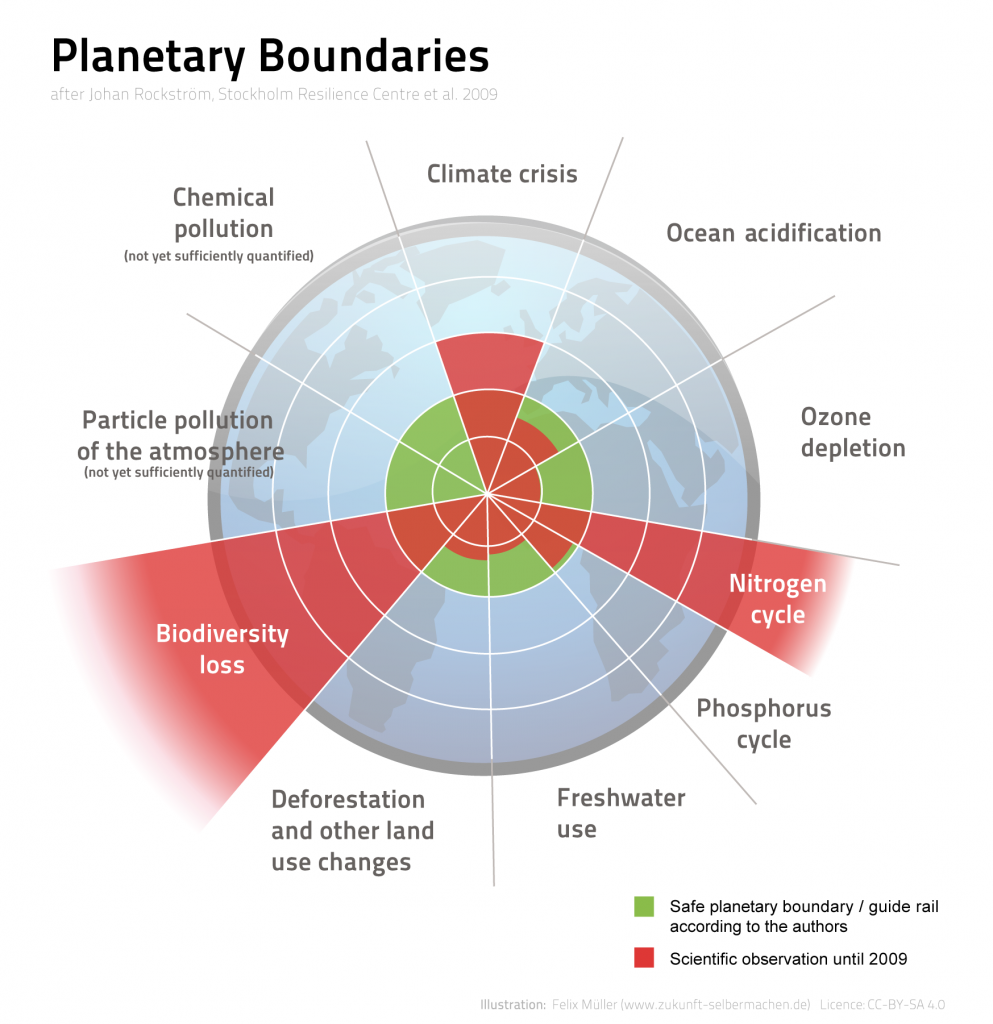
Regardless of the degree of agreement that surrounds the term “Anthropocene” within scholars debates, it is recognized that human activity had an impact on Planet Earth. Nevertheless, there is significant disagreement on the term “Anthropocene”, following the need of establishing a Global Stratotype Section and Point (GSSP) that individuates a homogeneous change in stratigraphic material […]
Carbon Tax and Climate Income: How to Take Advantage of the Free-Riding Problem
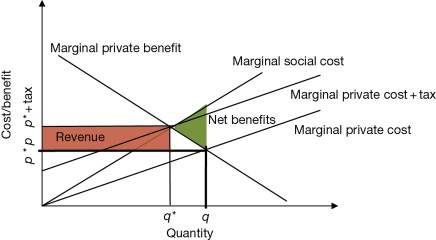
Introduction: With the European Union enacting the Emission Trading Scheme (ETS) in 2005, studies over multilateral agreements that aim at reducing pollution acquired useful empirical evidence. Putting a price on carbon emission alone will not be enough to stop the global emission trend in the medium-long term. The main controversy to deal with is Carbon […]
The Forestry Sector in Italy: an Unfamiliar Instrument of Resilience and Sustainable Production

In 2015, the XIV World Forestry Congress, hosted by the Republic of South Africa in September 2015, set out a new vision for forests and forestry. The network between the achievement of the 2030 Agenda for Sustainable Development and forests became crucial. Despite having a clear reference of forest management only in SDG 15 (life […]
Forced Movement – Social Sensitive Aspects of Disaster Displacement and Planned Relocation in the Context of Climate Change Impacts

By guest writer Frederic Grobler First evidence that climate-induced migration is taking place emerges.[1] Impacts of climate change alter weather conditions that lead to storms, monsoon changes, sea-level rise, and droughts and in consequence threat the livelihoods of millions of people. [2] Those detrimental effects motivate people to move in myriad ways, ranging from seasonal […]
Contemporary Implementation of Climate Policies – an American Approach
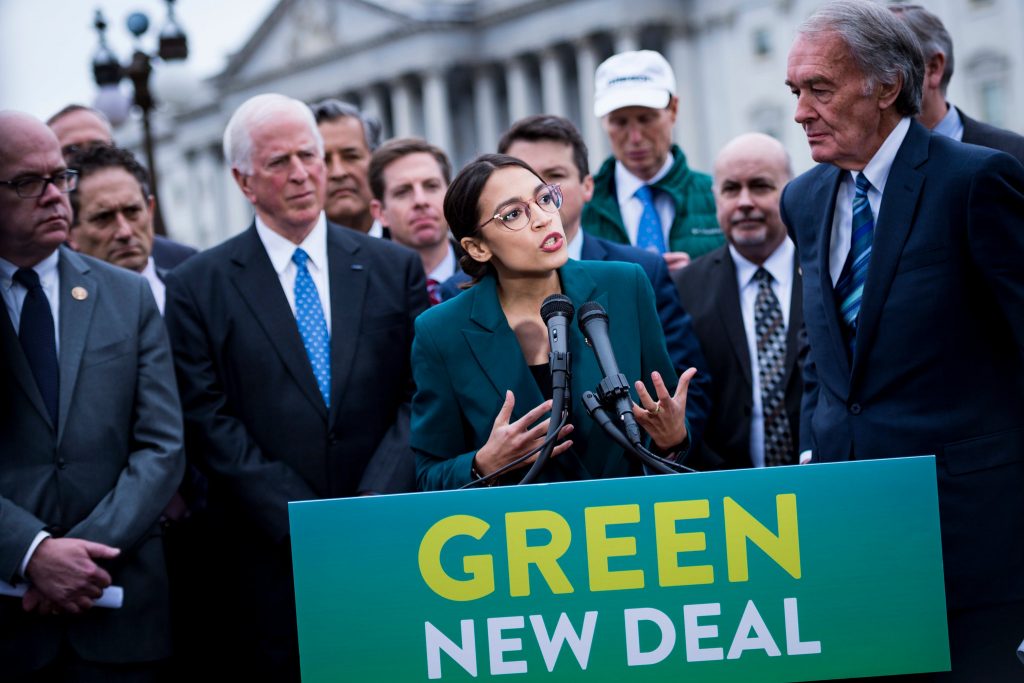
“Our political leader failed us,” These words will eventually echo across years of summits and conferences in the next years, as far as a coherent plan, both in scope and magnitude, will be drafted by the international community to tackle the Climate Crisis. While the Intergovernmental Panel on Climate Change (IPCC) has been drafting and […]
Risk Perception of Catastrophic Risk
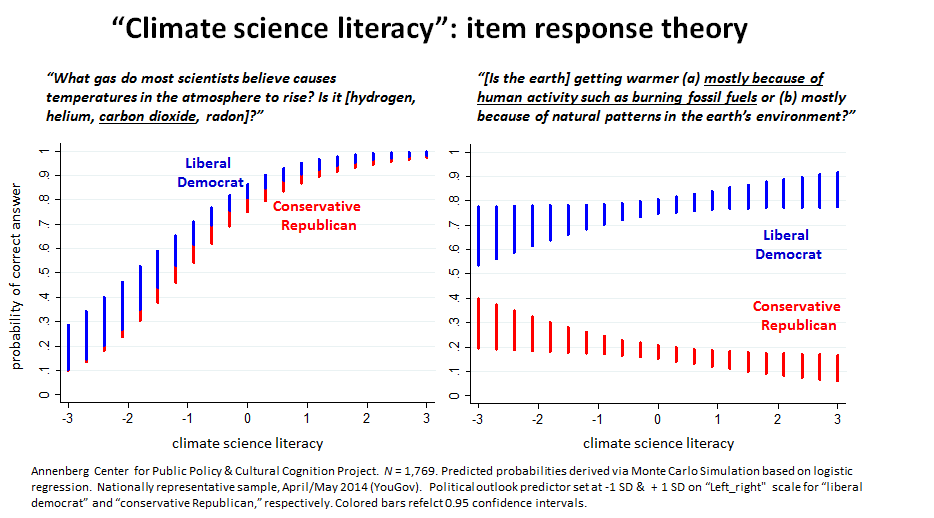
How humans cope with Climate Change. Since when the “Green New Deal” has been inserted in the political agenda across many countries, the coverage of Climate Change in mass media suddenly surged. The main facet that is outlined is one of a threatening, disruptive, unavoidable phenomena. While these characteristics are supported by scientific evidence, this […]
Reviewing: “A Polycentric Approach for Coping with Climate Change”
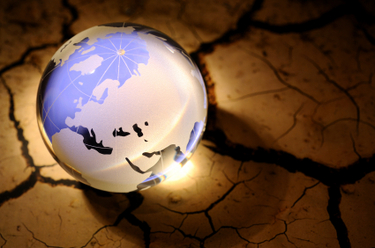
From the USA withdrawing from the Paris Agreement to the European Union enforcing its Emission Trading System, to China powering with new Coal Plants its green revolution in BRI countries, to other developing countries suffering as front-liners the consequences of the climate crisis: World Countries are individually (or in clusters) facing The Emergency with several […]
Imperialism and Dependency Theory: Challenges for an African-European Sustainable Partnership
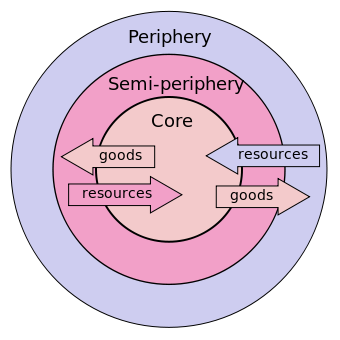
The protests striking in the US after centuries of oppression, both explicit and tacit, against the black community call for immediate action in the short term while might foresee structural changes both in Europe and in its relationship with the African States. Most European Nations are dealing with a rising outbreak of “national pride” at […]
20/04/20 – US Oil Prices went negative for First Time in History. What does it mean to the Global Economy and the Renewables Market?
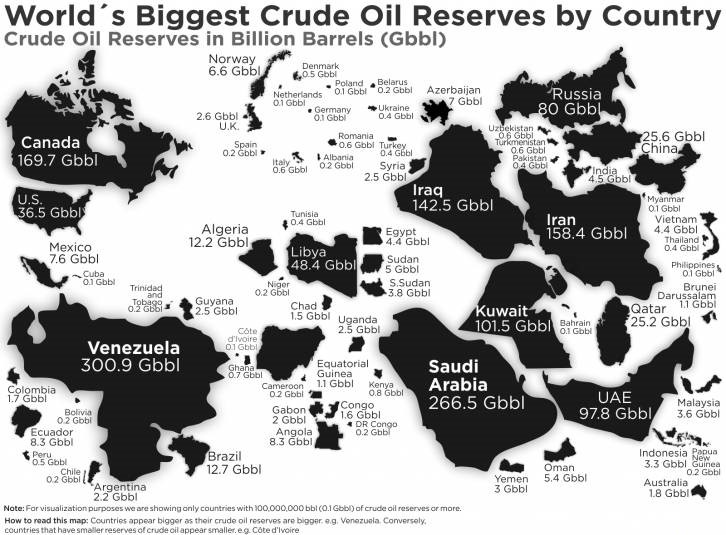
Linked both to COVID-19 spreading and to the already existing tensions between oil-exporting countries, the price for May’s West Texas Intermediate (WTI) futures fell to -37.63$. In other words, owners of “futures” contracts of American Crude Oil paid up to 37$ to get rid of their own stocks. With an in-depth introduction to explain the […]
Who bears responsibility for COVID-19 spreading? A review on notable 21st Century Research on Emerging Infectious Diseases
Future path of Research Development and correlation with anthropic pollution and ecosystem endangerment Kate E. Jones published a study on Nature in 2008 identifying 335 Emerging Infectious Diseases (EID) that have been detected from 1940 to 2004, demonstrating non-random global patterns. Origins are significantly correlated with socio-economic, environmental and ecological factors. They also reveal a substantial risk of wildlife zoonotic EIDs in Southern […]
Introducing an In-depth Analysis of Decreasing Pollution related to Coronavirus Outbreak in Italy
In the following weeks, as an information network devoted to sustainability, we will try to look at current coronavirus outbreak from an economic perspective, to implement and offer an analysis on good practices that shall be implemented as soon as the direct emergency ends. We want to dedicate our effort to all the victims and […]
